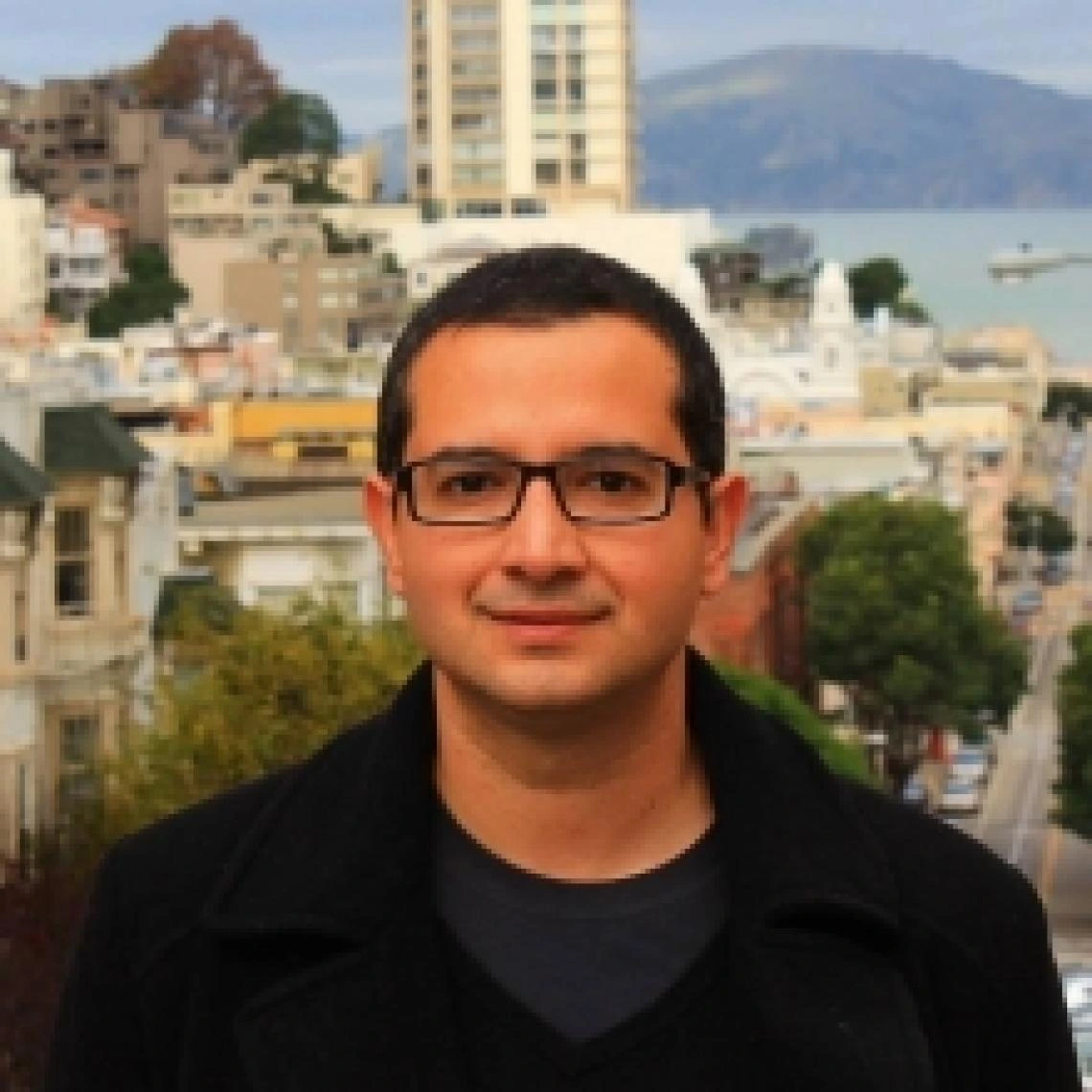Q&A with Physiology Assistant Professor Paulo Pires, PhD.

Where are you from?
I was born and grew up in Brazil, in a small countryside town in the State of Sao Paulo. I moved to the United States in 2007 and, while in the USA, I lived in Michigan, Nevada and now Arizona.
Why did you decide to join the UA Department of Physiology?
I was quite impressed by the breadth of possible research interactions in Physiology, as well as the diverse expertise. My main research interest is in Cardiovascular and Neuroscience Research, and I could not think of a better place to build my lab and career than Physiology at UArizona.
What got you interested in the field of physiology?
Physiology was my favorite subject as an undergraduate student in Brazil, and I wanted to work in this field since my sophomore year. However, the Physiology department in my University was relatively small and internships were quite competitive, and I didn’t make the cut then. When we moved to the United States I had the opportunity to work as a Research Assistant in a cerebral vascular physiology laboratory, and I fell completely in love with research in cardiovascular physiology.
What is your area of research and why did you choose that area?
The main area of interest in my lab is to study the function of cerebral arteries in physiological conditions, as well as during chronic diseases. I have been in this field since I was a Research Assistant at Michigan State University, and I plan to build my independent career in the field. What keeps me interested is that we still know and understand so little about how the blood vessels in the brain work, and how diseases like Alzheimer’s Disease affect their activity. The challenges and possibilities are endless, particularly for a new research investigator.
What are the most meaningful aspects of your work?
The work we are doing in the lab has the potential to identify new therapeutic targets to treat patients with cognitive decline and Alzheimer’s Disease. By focusing on the blood vessels, we do not have to worry about the difficulties to have therapeutic drugs reaching the inside of the brain (very few things in the blood get into the brain), and we can better control dosage and delivery of pharmaceuticals. Further, our goal is to improve the natural physiological responses of the cerebral blood vessels, and, by doing so, keep the brain healthier for longer.
What classes do you teach (or going to teach)?
I am currently only teaching graduate levels classes. I was a guest lecturer in PSIO 503 (“Cell and Molecular Physiology)” and will lecture in the class PSIO 603 (“Systems Physiology”).
What do you like to do in your free time?
I am an avid reader, so I try to read novels as much as possible in my free time. I also like to travel, to eat and I am learning how to play guitar.
Summarize your research recently funded by the National Heart, Lung, and Blood Institute.
Cerebral amyloid angiopathy, caused by accumulation of the peptide amyloid-β in the brain, is observed in 80% of patients with Alzheimer’s disease. One possible cause of the dementia associated by amyloid-β accumulation is impairment in localized control of cerebral blood flow, an essential process for maintenance of optimal function in neurons. This research project focus on investigating mechanisms regulating this dynamic control of cerebral blood flow by capillaries, and how amyloid-β negatively impact this process. The findings of this study may yield new possible therapies to improve the quality of life of patients suffering from cerebral amyloid angiopathy.

